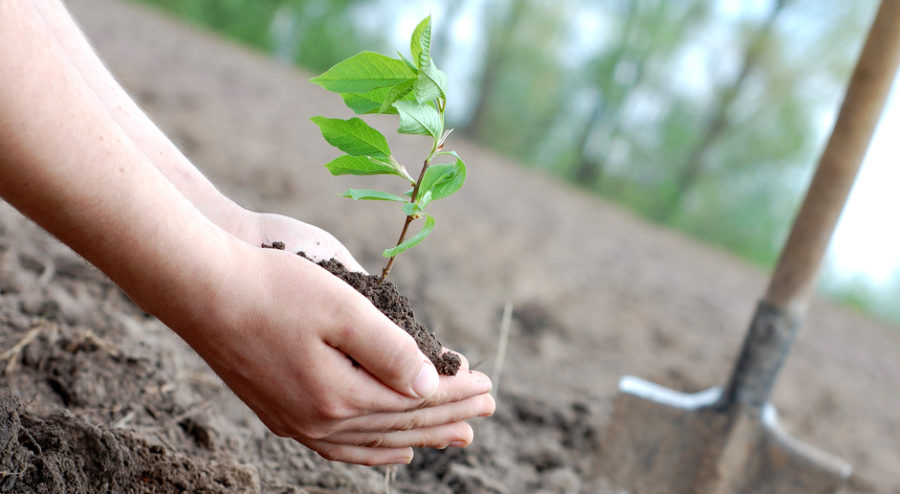Piantumazione di 1.800 alberi a Cerveteri
La piantumazione dei circa 1.800 alberi, rientra nel progetto di riqualificazione urbana “Boschi E.ON”, che l’azienda di energia porta avanti dal 2011 e che, fino ad ora, ha permesso di mettere a dimora già 83.000 alberi, in 26 aree selezionate in Italia.
Il progetto per il Comune di Cerveteri, ha lo scopo di migliorare le condizioni ambientali, di alcune zone urbane importanti per il territorio.
Per garantire la biodiversità del progetto sono state utilizzate diverse specie: il Leccio, l’Orniello, l’Acero campestre, l’Olmo minore, il Pioppo bianco, la Sughera, la Roverella, l’Albero di Giuda e il Carpino bianco, si tratta di specie selezionate per la loro robustezza e la resistenza all’inquinamento.
Crescendo questi arbusti contribuiranno a ridurre la concentrazione di CO2 nell’aria.

